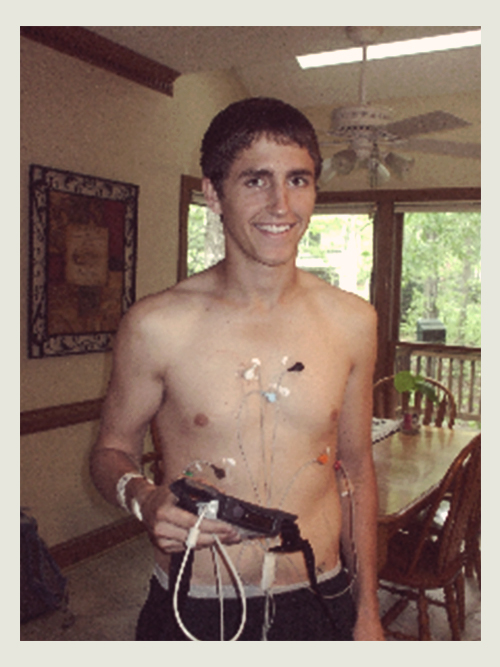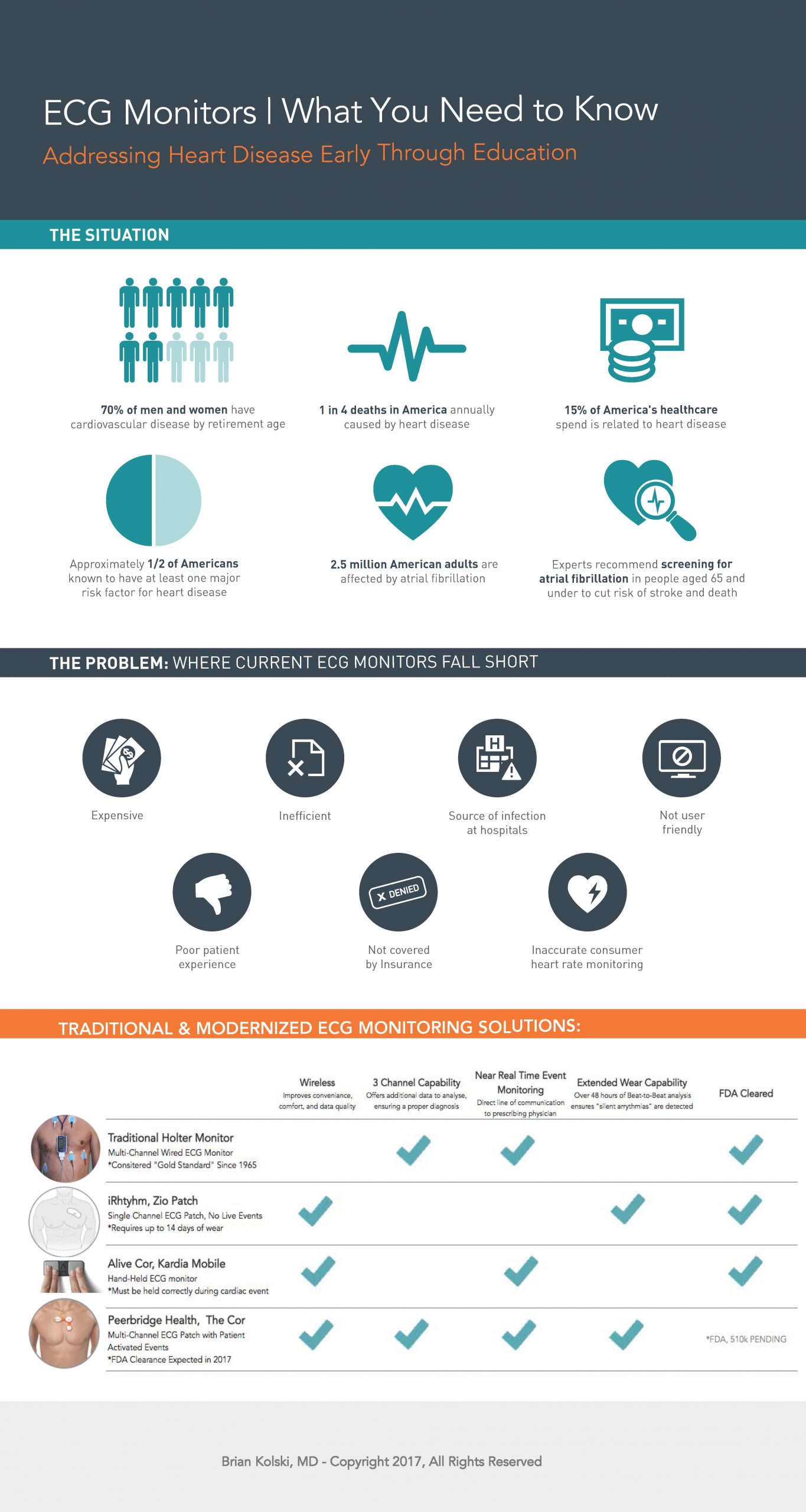

After having to give this answer in her office I started paying close attention and it seems like the chest pain is all over the place. I explained that, usually, the pain is very mild about 6-10x daily. Do I record EVERY incident of chest pain, no matter how mild? I really think that most of my chest pain is because of the pots and not the heart issue(s). anyone? Here's the link if you need a laugh ) Am I going to have to record every time I stand up and sit down for 30 days? My heart rate instantly goes up to 115-130 from the 70's and instantly drops when I sit. I have to take so many breaks throughout my day!! (It kinda reminds me of that parody song of stand up, drank. It's my understanding that she has ordered the continuous moniter for 30 days.ģ0 days!! I know that my symptoms are related to standing up.

I'm curious if anyone has experience with a 30 day holter moniter? All of the info I'm gathering online is about 24-48 hr monitoring, and the 30 day event moniter. She also noted while she was manually listening to my heart that she could hear my heart speed up with every breath, I'm assuming this is related to EDS. She ordered a 30 day Holter moniter, which I will pick up on Monday at the local hospital's cardiology dept. My new doctor decided to perform her own ecg, and upon returning to the room she told me the results were normal (interesting.but I'll take it), and that she suspected svt (supraventricular tachycardia). The first doctor I saw performed an ECG, my HR didn't seem to slow much, and my ecg showed: I feel so lucky to have been paired up with her, I feel that we got along very well and she took me seriously! Even more exciting, she's HEARD OF pots/eds/mcad although she somewhat dismissed this based on no family history (my entire family has a multitude of health problems but no diagnosis of EDS) You will return the monitor in a postage-paid envelope.I saw a 2nd doctor on Monday, she's an absolute gem. You will wear two electrodes on your chest that will be connected to the monitor throughout the day, except when bathing.
30 day heart holter monitor how to#
You will be asked to keep a diary of symptoms you notice while wearing the monitor.Įvent Monitoring: Typically the monitor is mailed to you with instructions on how to place the electrodes and operate the monitor.

After you get instructions, you can return to your usual activities, unless your doctor tells you otherwise. The monitor will be connected to the patches with wires, and then clipped to your belt or pocket or worn around your neck. Holter Monitor: A technician will place electrodes, or patches, on your chest. If you do experience symptoms, you will be asked to push buttons on the monitor to indicate the time and type of symptom. Your doctor can see what your heart rhythm is doing during your normal activities and learn of abnormal rhythms that may be concerning, but not causing you symptoms. The recordings are monitored throughout the day by support staff at the company that supplies the monitor, and urgent findings are reported to your doctor. Check how well your medications are workingīoth Holter and event monitors are types of ambulatory electrocardiograms, tests that record the electrical activity of your heart while you go about your usual activities.Ī Holter monitor is a small, wearable device that records your heart rhythm continuously for up to 72 hours.Īn event monitor is a wearable device that records your heart continuously for 3–30 days.Check how well an implanted pacemaker is working.Study symptoms like palpitations, shortness of breath, dizziness, or fainting that may be heart related.Holter and event monitoring can help your doctor: Because arrhythmias can come and go, it may be hard to record one while you are in the doctor's office. What this means depends on the type of pattern they produce, how often they occur, how long they last, and whether they occur at the same time you have symptoms. Many people have irregular heartbeats (arrhythmias) from time to time. An ambulatory electrocardiogram is more likely to find abnormal heartbeats that occur during these activities. These include exercise, eating, sex, stress, bowel movements, and even sleeping. Many heart problems are noticeable only during certain activities.


 0 kommentar(er)
0 kommentar(er)
